A fiduciary relationship is a type of relationship in which one person (the fiduciary) must act in a way that benefits another person or organization (the “principal” or “beneficiary”). The principal or beneficiary places his or her trust, confidence, and reliance on the fiduciary to exercise discretion and use expertise, judgment, and skill to act on his or her behalf. Under the law, the fiduciary must knowingly accept that trust and confidence or may face legal consequences.
Fiduciary duties are the legal responsibilities a person takes on when he or she agrees to act on behalf of and in the best interests of, another. A person who is voluntarily or involuntarily serving as the fiduciary in one of these relationships holds certain responsibilities (regardless of which context the fiduciary relationship is in) to ensure his or her actions benefit the principal or beneficiary.
Examples of Fiduciary Relationships
Fiduciary relationships and duties exist in several different contexts. Most commonly, fiduciary relationships exist between lawyers and clients, doctors and patients, spouses, trustees and beneficiaries, guardians and wards, parents and children, executors and heirs to an estate, corporations and their directors, and certain financial investment relationships.
Other examples of fiduciary duties include the following:
- People who serve on a corporation or nonprofit’s board of directors: The directors have fiduciary duties to act in the best interest of the corporation or nonprofit. Instead of acting in their own self-interest, board members must protect the interest of the corporation and its shareholders. More specifically, they have two main duties: a duty of loyalty and a duty of care. The duty of loyalty is simple: a director cannot use his or her official position for personal financial gain. The duty of care, on the other hand, requires directors to be informed of options and information before making business decisions, as well as think critically about how those decisions will impact the corporation and its shareholders.
- Estate trustees: In the cases of trusts and estates, fiduciary relationships exist between the trustees and beneficiaries, and the executor of an estate and the heirs. Trustees have to act in ways that protect the property and assets held in trust. Specifically, they are charged with making smart financial decisions that protect the beneficiaries (including investments), not co-mingle their assets with the trust’s assets, avoid embezzling from the principal, and account for all funds in the beneficiary’s various accounts.
- Estate executors: A similar situation exists for the executor of a deceased person’s estate: the executor owes fiduciary duties to those who would be receiving money or property from the estate according to a will or state-determined estate plan (if someone lacks a will).
- Parents and guardians: Parents and guardians of children under the age of 18 (or those who are under guardianship or conservatorship) owe fiduciary duties to their children. As trusted adults, they are required to act in the child’s best interest to keep them safe, protected, and out of harm’s way.
Types of Fiduciary Duties
Fiduciary duties primarily fall under two main categories: the duty of loyalty and the duty of care. The duty of loyalty implies that the fiduciary will always act in the best interests of the beneficiary without self-dealing by taking advantage of the relationship to benefit the fiduciary. No conflicting interest will be permitted to influence the fiduciary’s actions on behalf of the beneficiary.
On the other hand, the duty of care suggests that the fiduciary will not avoid his or her responsibilities in the fiduciary relationship. These responsibilities can include viewing the information available at hand, consulting with financial advisors, or providing for another person to protect their wellbeing.
Since fiduciary relationships revolve around trust and confidence in another person or entity, one of the biggest duties is avoiding conflicts of interest and disclosing them as they arise. This is especially true for lawyers taking on new clients as well as real estate agents who might face conflicts representing both the buyer and seller, representing family or friends, or while claiming some type of personal interest in the property at hand. Fiduciaries have a strict duty to disclose these types of conflicts. In some cases, beneficiaries or principals can waive conflicts or even the fiduciary duty itself. However, in some cases – like with minor children – these duties (and related conflicts) are not waivable.
Safeguarding Fiduciary Relationships
The law staunchly protects fiduciary relationships. Breaches of fiduciary duties occur when a fiduciary takes advantage of his or her position through personal gain, self-interested acts, deception, or self-dealing. These breaches are serious particularly because of the fiduciary’s close and trusted relationship, and because they can seriously harm a beneficiary’s interests, finances, and general wellbeing. A breach of fiduciary duty can lead to civil or criminal penalties (such as in cases of child abuse when the beneficiary is a minor) and entitle the beneficiary to monetary damages.
If you have questions about your relationship with someone you think may be a fiduciary, or if you have concerns about someone’s behavior in a fiduciary context, reach out to a lawyer. Here at Fiduciary Litigation Group, we are experienced in helping clients navigate thorny relationships between parties with unequal power dynamics and as such, can help you determine whether your situation gives rise to a legal claim.
